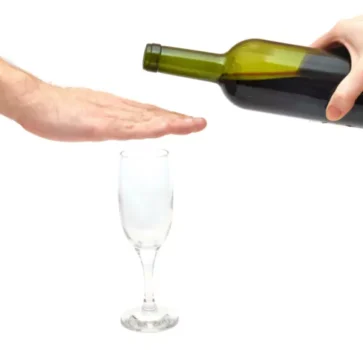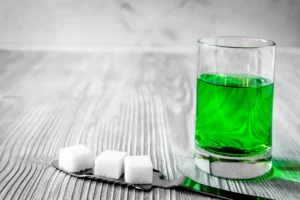
By providing a safe and non-judgmental space, motivational interviewing allows individuals to openly discuss their thoughts and feelings about their addiction. Through reflective listening and open-ended questions, https://ecosoberhouse.com/ the therapist or counselor helps the individual identify their own motivations for change. This approach can significantly increase an individual’s motivation to seek treatment and overcome denial.

Supported living

In both generations, denial was more common among AUD individuals who endorsed fewer DSM-IV criteria, reported lower maximum drinks, and those with alcohol abuse rather than dependence. However, the level of alcohol involvement among these deniers was not benign. This unhealthy level of drinking and life problems portend a potential for more severe future alcohol problems (Schuckit, 2018b).
lifestyle or family issues
To all but their family members or close friends – they give the outward appearance of living a normal, healthy life. However, just because they’re functioning at a high level, doesn’t mean the consequences to their drinking won’t catch up with them. Understanding the impact of denial on treatment outcomes is paramount in developing effective intervention strategies. Denial can impede treatment progress by hindering individuals from fully engaging in therapeutic processes, resisting self-disclosure, and undermining their motivation for change. Acknowledging and addressing denial is essential for fostering a therapeutic alliance and optimizing the efficacy of addiction recovery interventions. People with an alcohol addiction may lie to mask shame or to avoid ridicule from their peers.

Thinking of trying Dry January? Steps for success
Local helplines and support services provide immediate assistance and guidance for individuals struggling with addiction. These helplines are often staffed by trained professionals who can provide information, resources, and support. If you or someone you know needs immediate assistance, it is advisable to call your local emergency department or emergency services. Providing specific examples of the addict’s behavior without judgment or criticism can help them see the impact of their actions. By sharing concrete instances and expressing your observations, you increase their self-awareness and motivation for change [3].
- An alcoholic may blame others or situational circumstances rather than take ownership of their behavior.
- It also includes binge drinking — a pattern of drinking where a male has five or more drinks within two hours or a female has at least four drinks within two hours.
- The first interview following their 18th birthday included the impulsivity and sensation seeking questionnaires, and, for those with experience with drinking, the SRE.
- It is important to approach individuals in denial with empathy, understanding, and support, as denial can be deeply ingrained and challenging to overcome.

‘ from types, symptoms, impacts on health, to available help and resources. During conversations with an addict in denial, it is crucial alcoholism and denial to remain calm, collected, and composed [3]. Displaying emotional control provides a sense of stability and can reduce defensiveness.
Resources for Getting Help with Addiction
Empowering Student Opioid Addiction Rehab
How to live with a functioning alcoholic
Fear of Change Can Lead to Lying or Blaming Others
- Although some prior studies reported a higher rate of denial in African American and Hispanic individuals (e.g., Clarke et al., 2016), that could not be adequately tested in the SDPS sample.
- The principles of MI involve expressing empathy, developing discrepancy, rolling with resistance, and supporting self-efficacy.
- Alcohol addiction treatment centers offer a number of treatment options, and guide an individual through the recovery process.
- Those denial rates were higher than the levels predicted in Hypothesis 1 and occurred despite deniers reporting averages of nine to 11 maximum drinks across probands and offspring.
- Sixty-two percent met interval criteria for alcohol dependence, they reported on average 11 maximum drinks per occasion and endorsed an average of four AUD criteria.
- The key aspect of the tolerance question used here might be the emphasis on the recent five-year period.
- Many people with the disorder are reluctant to seek rehab, partly because alcohol is a central part of their life.
